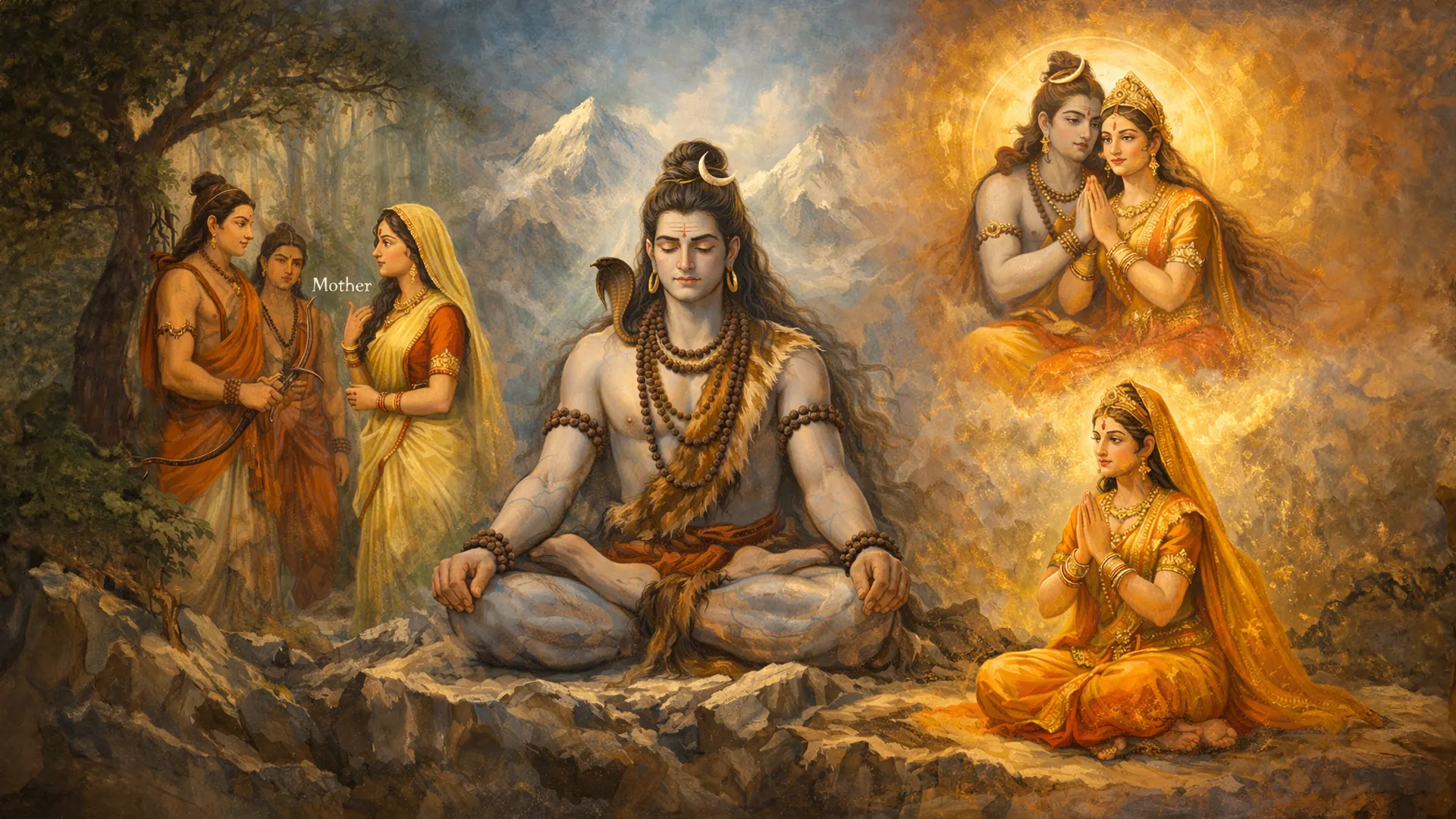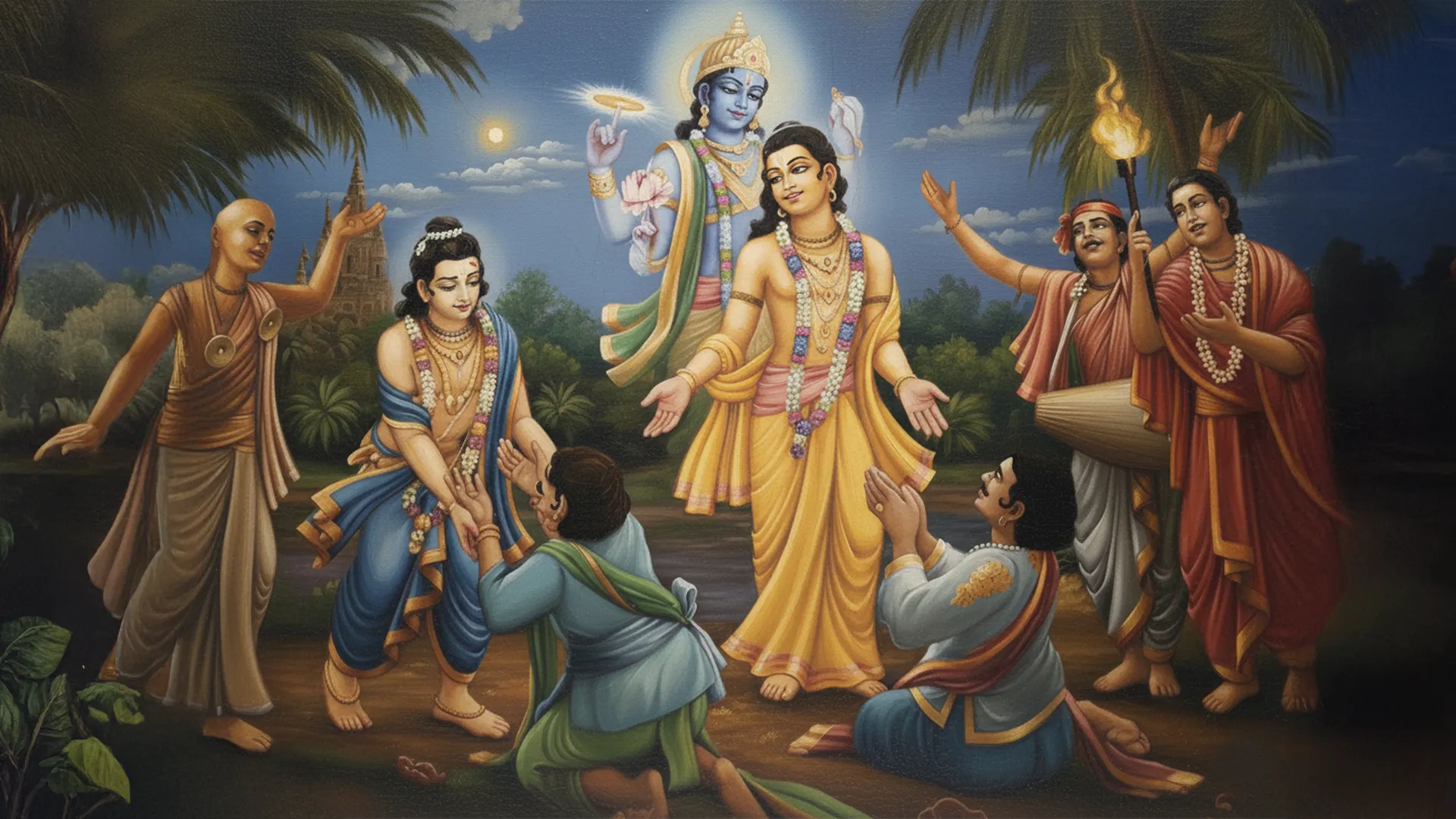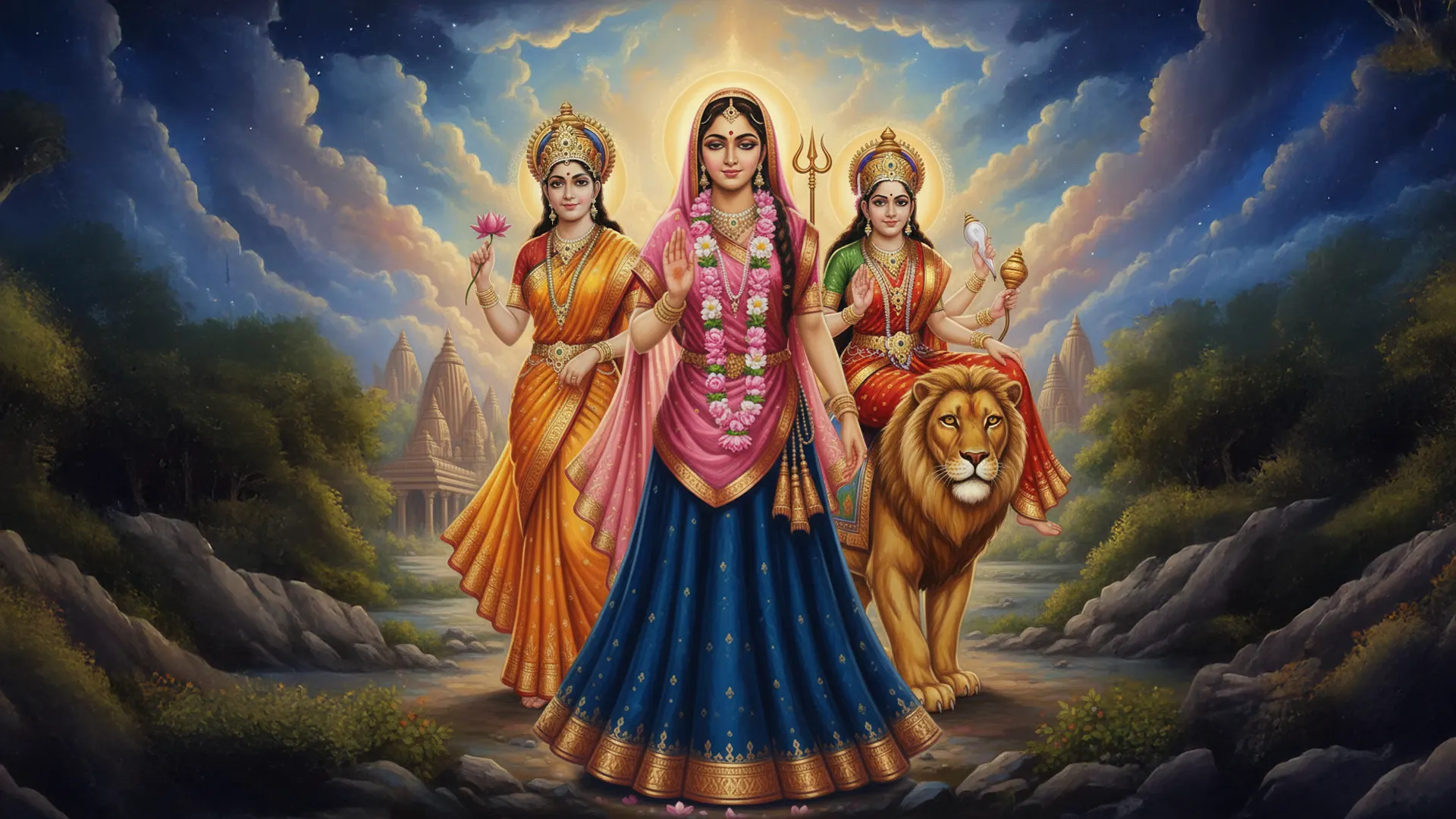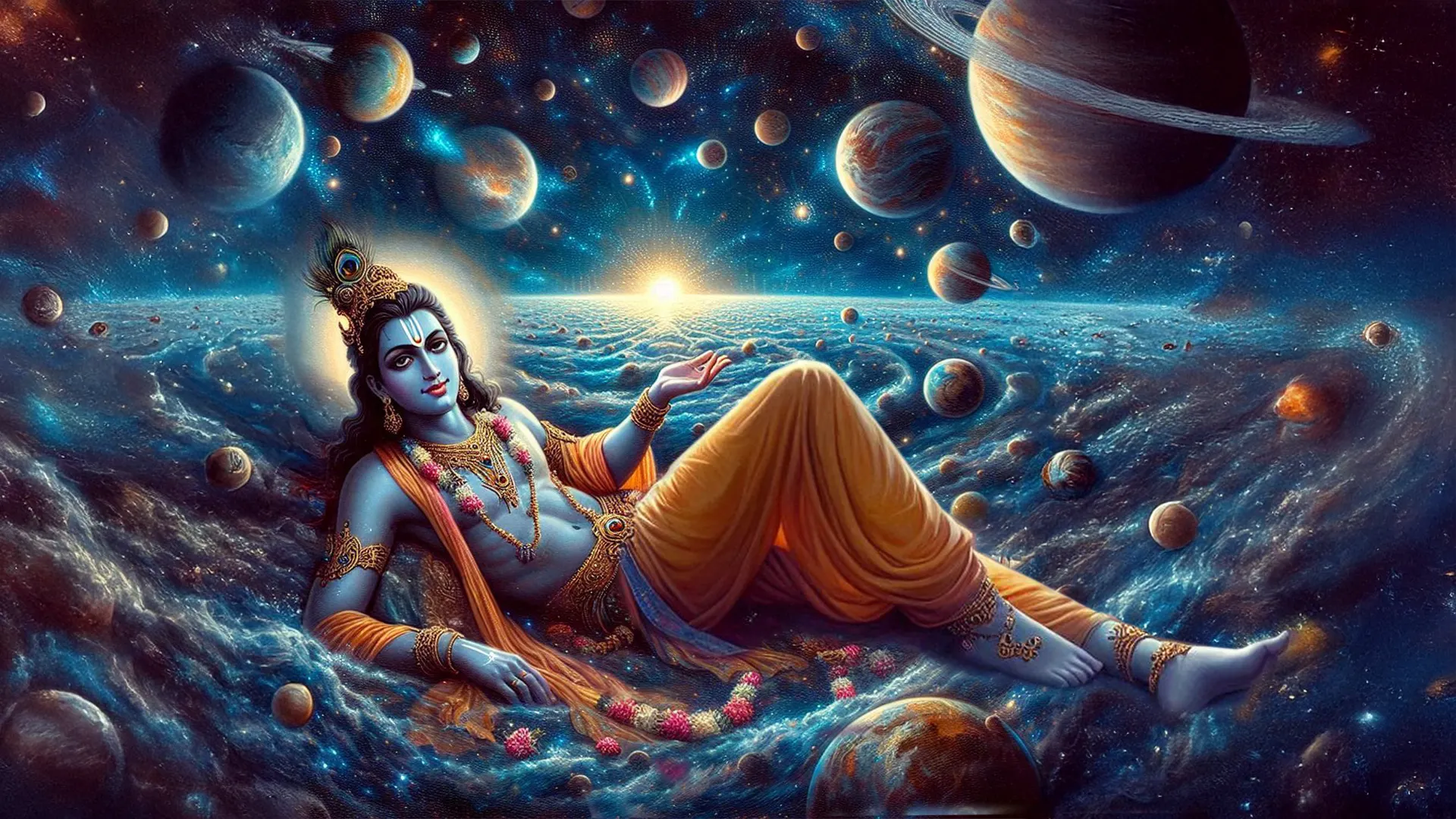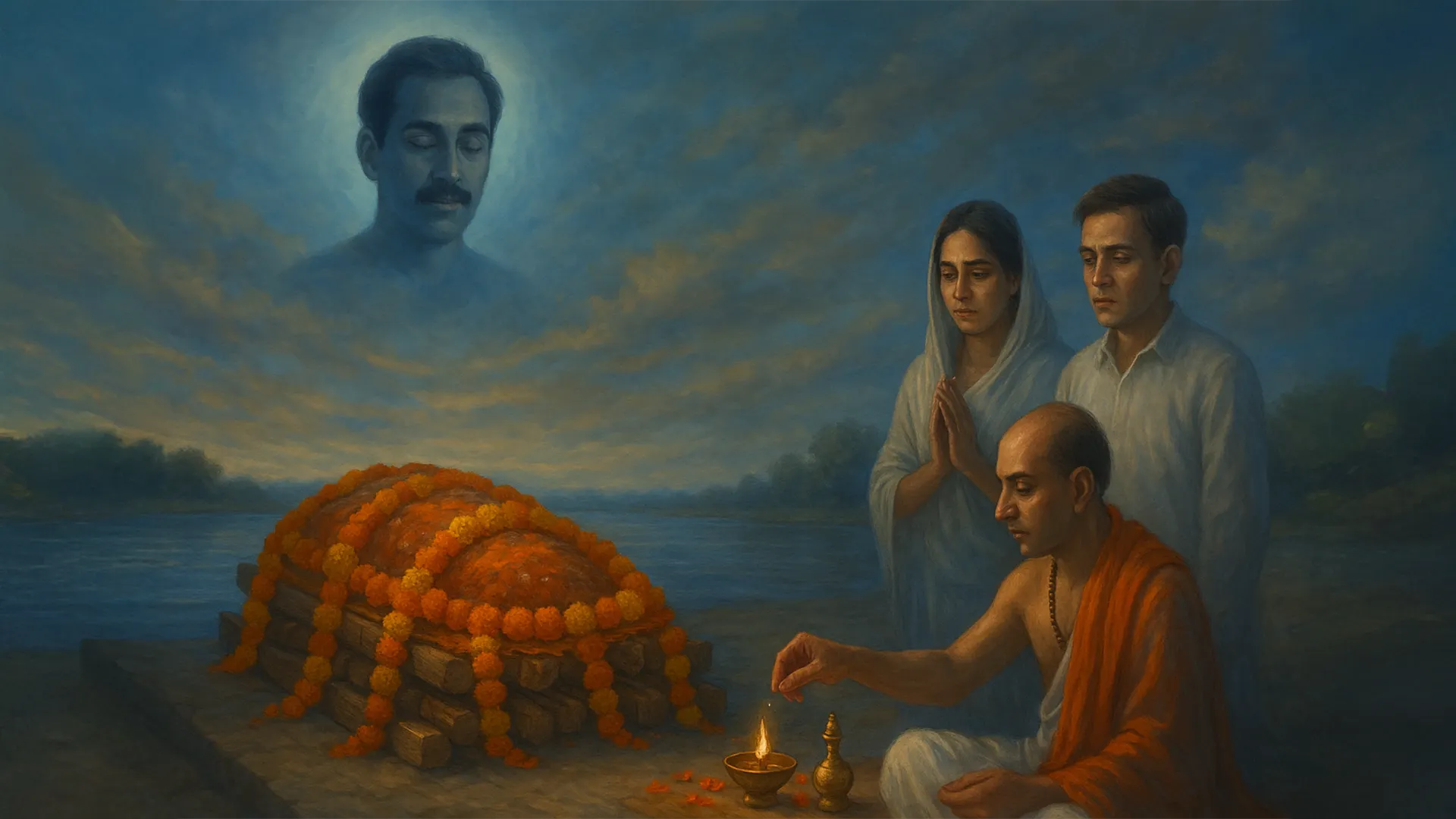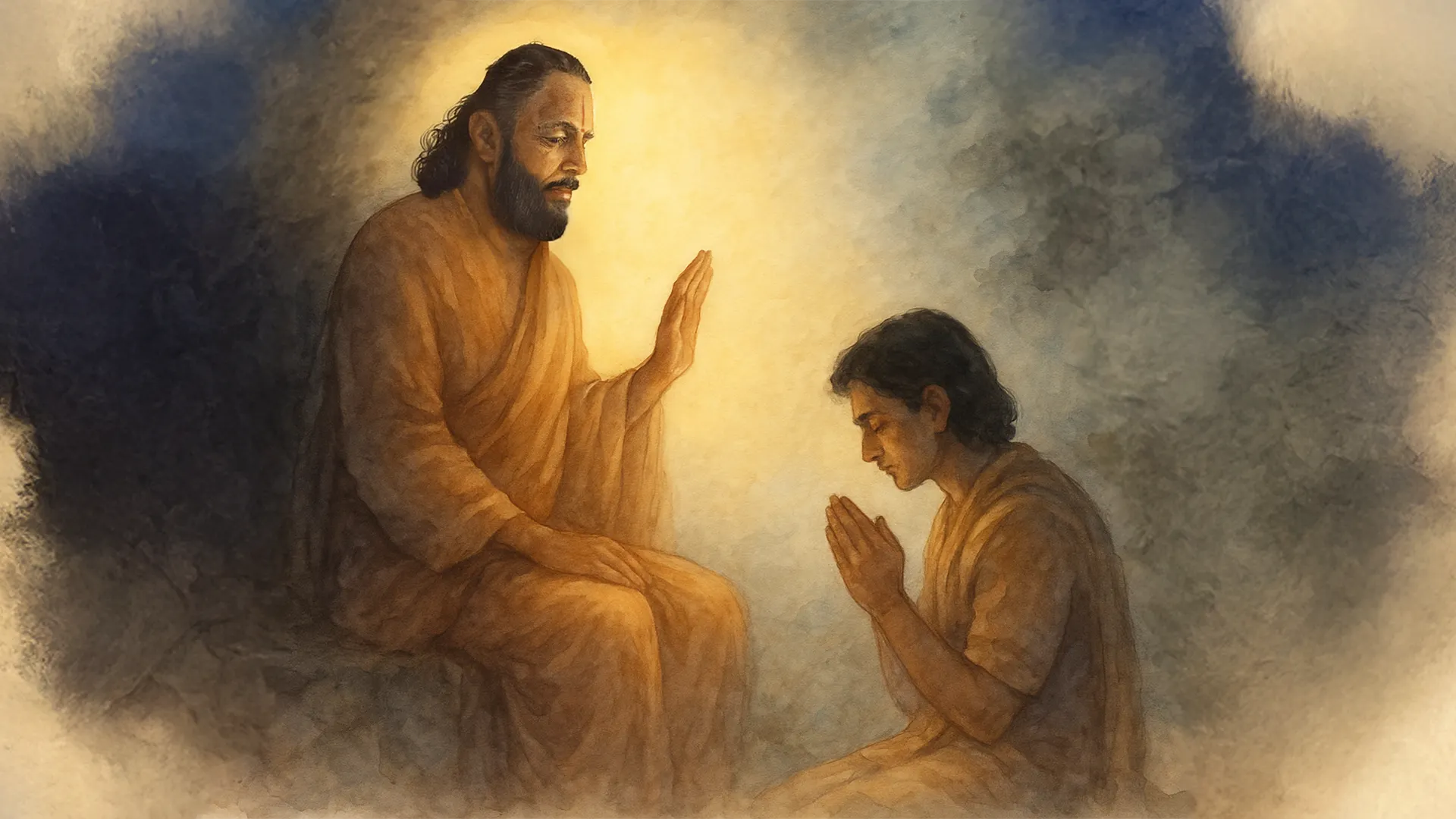Our existence inherently drives us to pursue happiness. We actively seek contentment and joy through every action, thought, and emotion. In this article, we explore the innate human quest for happiness and discover why it is a universal drive that transcends cultural and individual differences.
Consider the relentless efforts of a dedicated businessman who tirelessly works from dawn till midnight to improve his newly established enterprise. When you ask about his actions, he explains that they enhance his company's productivity. But why does he want to boost his company's performance? The answer is straightforward: to earn more money. And what drives his desire for wealth? The pursuit of material possessions gratifies his senses—things to taste, touch, see, smell, and hear. Ultimately, we all actively seek happiness because it represents the ultimate goal of our lives. Our collective objective is to uncover happiness, regardless of our backgrounds or professions. The only variation lies in where we choose to seek it. Some might find joy in owning a luxurious car; for others, it may manifest as contentment in a beachfront bungalow. Similarly, pursuing happiness may lead some to believe that travelling the world will bring them joy. Despite differing perceptions, our purpose remains consistent.
The Innate Desire
Now, let's ponder: Why do we all yearn for happiness? This question may not have crossed your mind before. You may want to be happy, but have you ever considered why? Is there anyone who aspires to be miserable instead? Unlikely. Despite our differences—distinct facial features, fingerprints, voices, and bodily scents—we all share an innate desire for happiness. Why is this so? Could it be hardwired into our beings? No one teaches us to pursue pleasure or seek happiness. This longing for happiness arises within us without external instruction. It is the first thing we cry for when we enter this world, and it remains our lifelong goal.
Happiness as the Motivating Force
Even though our actions may seem contradictory at times—choosing to sit or stand—revolve around the quest for happiness. We sit because it brings us joy; at other times, we stand for the same reason. Occasionally, we endure temporary discomfort, like sitting for extended periods, believing it will lead to future happiness. Happiness perpetually drives our actions, serving as the driving force behind everything we do.
Insights from the Vedas
The Vedas say,
आनन्दो ब्रह्मेति व्यजानात् ।
आनन्दाद्ध्येव खल्विमानि भूतानि जायन्ते ।
आनन्देन जातानि जीवन्ति ।
आनन्दं प्रयन्तं भिसंविशन्तीति ।।
ānando brahmeti vyajānāt
ānandāddhyeva khalvimāni bhūtāni jāyante
ānandena jātāni jīvanti
ānandaṁ prayantaṁbhisamviśantīti
According to the Taiteriya Upanishad of Yajurveda, the Supreme Lord who created us is an ocean of infinite Bliss. We have originated from Him and exist within Him. As fragments of this ocean of Bliss, we naturally incline towards happiness. This desire for happiness is integral to our personality and has existed for eternity. We will never be content until we find the perfect, infinite bliss that satisfies us. This quest is ongoing, and no material happiness will ever be enough for our soul, which continuously seeks Divine Bliss.
In conclusion, pursuing happiness is a personal endeavour and a universal drive deeply rooted within us. It transcends cultural, geographical, and individual differences, uniting humanity in the quest for joy and fulfilment. Understanding this innate desire for happiness can lead us to a deeper appreciation of our shared human experience and the eternal journey toward bliss.



